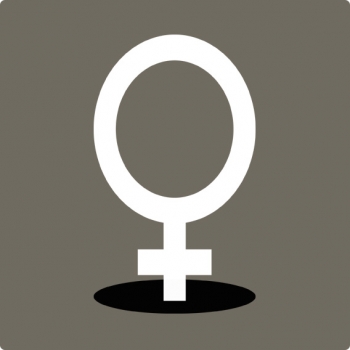

 Namibia: Setting things right - towards gender equality and equity
Namibia: Setting things right - towards gender equality and equity
Some of the critical challenges in addressing poverty and securing civil and political rights for all Namibians are inequitable access to resources, low participation of women at all levels of decision making and the lack of gender equality and women’s empowerment. The Joint Programme was designed to improve the welfare of women, children, youths and vulnerable groups in Namibia in a sustainable and significant manner by promoting gender equality and empowering women and girls.
The programme was built on the gender programme of the Government of Namibia and was firmly rooted in the national development frameworks of the country. It included the following strategic and practical gender interventions:
- Increasing awareness and capacity for protecting the rights of women, children, youth and vulnerable groups;
- Enhancing institutional capacity for integrating and monitoring implementation of gender equitable policies and programmes, as well as gender responsive and holistic planning at local and national levels; and
- Improving food security, nutrition and incomes of women, children, youths and vulnerable groups.
Main achievements included:
- Gender-based laws and policies were finalized. A national campaign was launched against gender based violence, baby dumping, passion killing and human trafficking. CEDAW and UN Res. 1325 were simplified and translated into six local languages.
- The National Gender Policy Plan of Action, which promotes mainstreaming of gender into national development policies, was developed and approved. Also developed: key guiding instruments, gender responsiveness assessments of four sub sectors and gender budgeting analysis of a further five ministries.
- The programme supported the generation of sex-disaggregated data for planning and policy making. A total of 130 staff were trained in GBV data capturing and analysis.
- The programme contributed to a higher reporting of GBV cases through the Woman and Child Protection Units (WACPU), as a result of the combined activities on GBV and the location of new user-friendly structures and accessibility of the WACPU services to communities.
- Increase and improvement of access to Sexual and Reproductive Health (SRH), HIV/AIDS and other health services with Namibia Planned Parenthood Association (NAPPA) at women friendly centers. The education trainings that reached nearly 76,500 people contributed significantly to increase knowledge about sexual and reproductive health and HIV and AIDS issues, including access to prevention and treatment.
- The programme supported the strengthening of law enforcement in the country: the capacity of the Ministry of Safety and Security (MoSS) to provide protection to women and children was strengthened by equipping the Woman and Child Protection Unit (WACPU) and by providing paralegal training in gender responsive laws and data capturing to WACPU officers. Also, support was provided to MoSS to investigate sexual assault offenders by revision of Rape Kits for the Forensic Department and training health service providers in their use, and for the review of the Police Curriculum.
- Poor Female Head Households and vulnerable communities received trainings on how to produce food and generate income, and were provided with productive assets. Communities that successfully implemented the food security and livelihoods projects reported improved livelihoods. In some project areas, participants increased the number of meals they were having from 1/2 meals a day to 3 meals a day as a result of fruit and vegetable gardens, while others reported improved health and diet from goat milk. Beneficiaries who participated in income generating activities also reported improvement in quality of life from increased incomes.
- A number of interventions were undertaken to increase awareness and capacity for protecting the rights of women and girls: a) Development of the capacity for gender training through the development of gender syllabi for tertiary institutions (University of Namibia, Polytechnic of Namibia and International University of Management) a gender toolkit and assessment of media houses and institutions, (including community media), training toolkits in gender based violence, a male involvement manual and training of trainers; b) Establishment of a platform for engagement in the fight against Gender Based Violence through the development of the GBV Plan of Action and training of service providers.
Click for more detailed results from the Joint Programmes in Namibia.
The Joint Programme in action
JOINT PROGRAMME QUICK FACTS
Programme Dates 19 Feb 2009 - 12 Jul 2012
Net funded amount $7,888,665
Participating UN agencies FAO, UNDP, UNESCO, UNFPA, UNICEF
National partners Ministry of Gender Equality and Child Welfare, Ministry of Agriculture, Water and Forestry; Ministry of Youth National Service Sports & Culture, Ministry of Safety and Security; Ministry of Justice; Ministry of Home Affairs; Ministry of Regional Local Government and Housing and Rural Development, National Planning Commission, Ministry of Education




